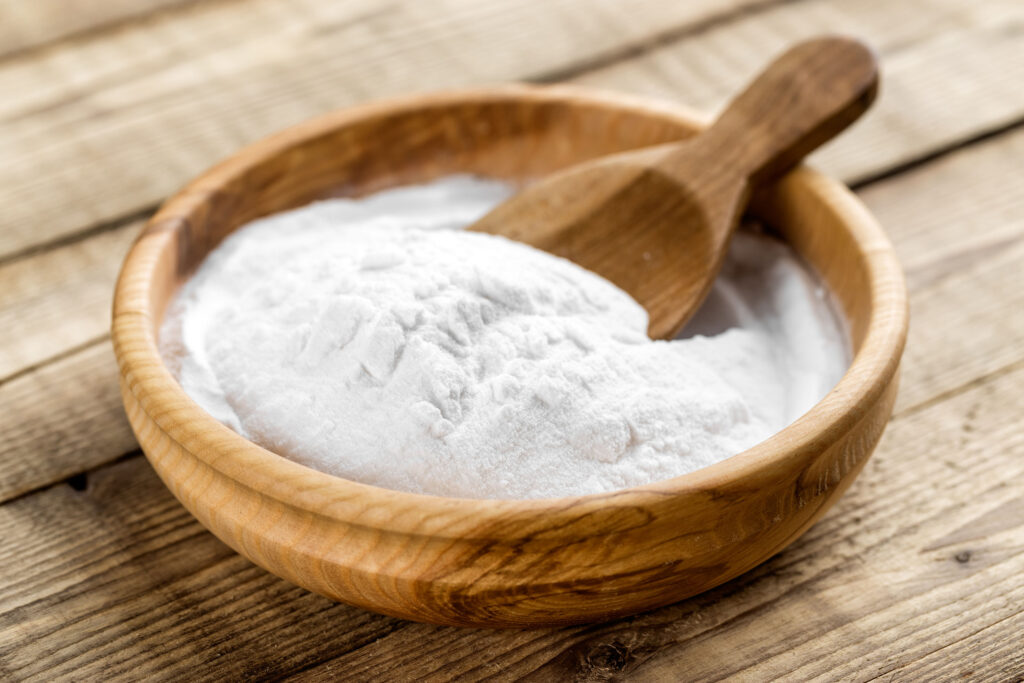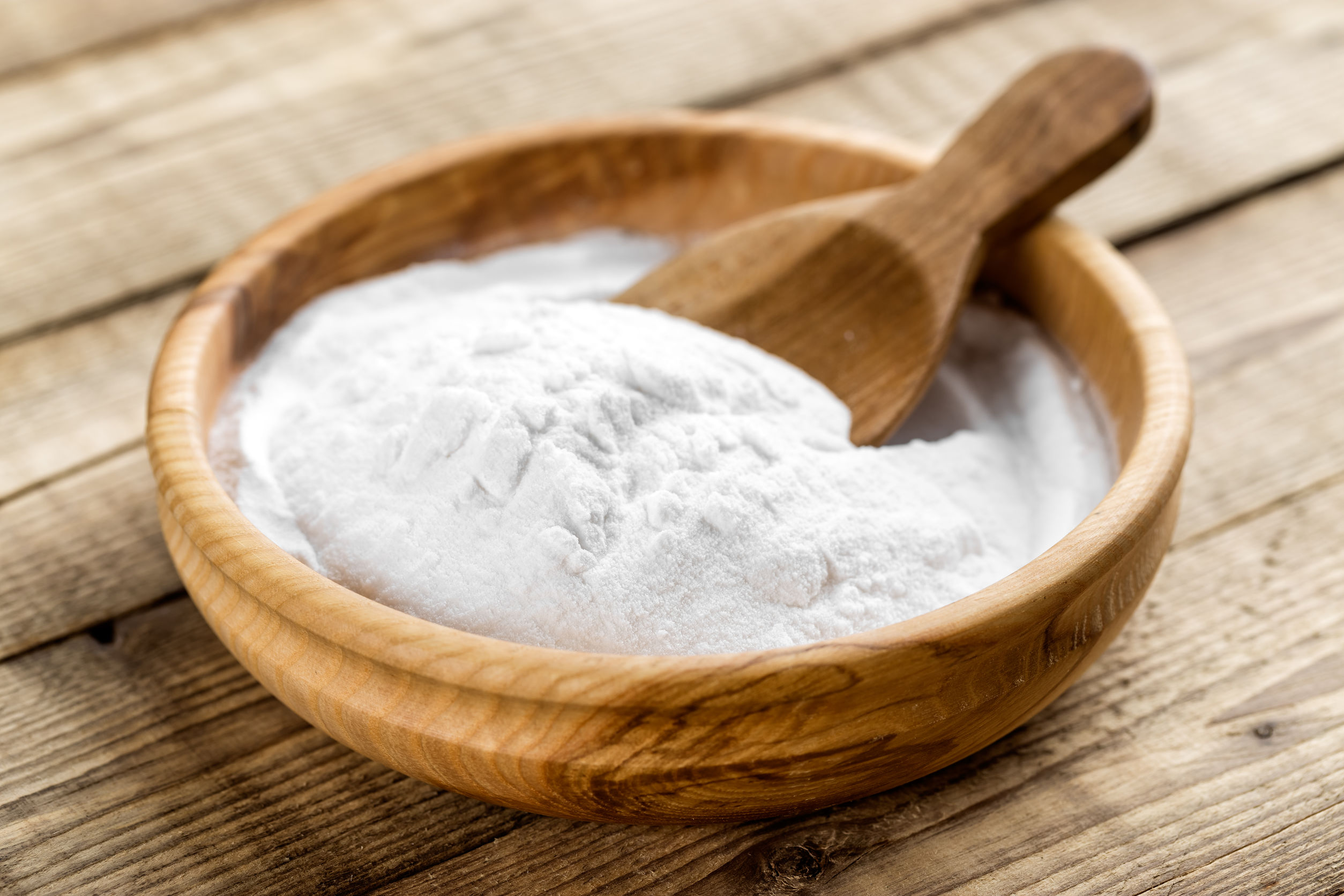If you’ve been paying attention to fitness Twitter over recent months, you’re likely to have heard mention of glycine, as well as talk of its various benefits. So what is it and what are those benefits?
Here are four reasons to increase your intake of this sweet-tasting amino acid.
Improved sleep quality is one of the principal benefits of glycine supplementation
Glycine is an amino acid, one of the building blocks your body uses to make complex proteins, which are used to build and repair tissue and to make other essential substances such as hormones and enzymes.
So what is it that makes it worth taking?
Here are four reasons to increase your intake of this amino acid.
Click here if you wish to buy this wonderful amino acid.
1. Glycine is an esssential part of collagen
If only Walter Donovan had chosen the grail that contained collagen-rich bone broth, his skin and hair might not have deteriorated quite so rapidly…
Glycine is especially found in collagen, of which it makes up about 40%; every third or fourth amino acid in collagen is glycine. Collagen is extremely good for you, as we discussed in our article on joint care, which includes an easy recipe for nourishing and delicious bone broth.
Collagen is responsible for healthy joints, skin (75% of which is collagen), bones, muscles and blood, and as you get older it gets much harder for you to produce more, which is one of the main reasons for some of the most visible effects of aging. Because of the decline of nose-to-tail eating, many people get very little collagen from their diet.
Increasing your collagen intake, either through supplements or increasing dietary consumption, has been shown to improve your skin’s elasticity, and reduce joint pain and bone loss.
So quite simply, by supplementing with glycine, you can ensure your body produces enough of this vital protein.
2. This Amino Acid can be used as a sweetener and might be good for ketogenic dieters
In this video, Mike (a ketogenic dieter) notes that glycine caused his blood sugar to spike
The name comes from the Greek word for ‘sweet tasting’, and you’ll understand why if you’ve ever tried glycine before.
Because this awesome amino acid tastes sweet but is not metabolised as sugar it is used in foods that are marketed for low-carb dieters and diabetics. The question of whether glycine causes the same effects as sugar consumption – namely increases in blood sugar levels – is vexed, however.
Glycine consumption has been shown to increase glucagon production, which is responsible for releasing stored glycogen. Ergo, if you have stored glycogen, glycine consumption should cause your blood sugar to spike. However, if you don’t have any – i.e. if you are on a ketogenic diet, this shouldn’t happen. In fact, if you’re on a ketogenic diet and you take glycine, it might even increase the rate of lipogenesis – i.e. fat-burning – and ketogenesis – i.e. generation of ketones. Studies from the seventies have shown that this happened to Type 1 diabetics who were given infusions of glucagon.
Note, however, that others have seen different results, as shown in the video above.
If you’re interested in using ketogenic dieting to torch your bodyfat and get in the best shape of your life, try our exclusive primer, the Keto Warrior, available now from Gumroad. The Keto Warrior is also available as part of our Summer Superhero: Keto Remix, a 12-week programme to get you in the best shape of your life using ketogenic principles, with workout routines to suit every situation (including no gym access at all) and every level of experience.
I’ve had it with these mother****** dinosaurs on this mother****** island
(Editor: first of all, wrong film. Secondly, it’s LYSINE, not glycine, that the genetically engineered dinosaurs in Jurassic Park are unable to produce)
3. Glycine may improve sleep quality and act as a nootropic
Mr Olympia Jay Cutler dreaming sweet glycine dreams
Getting proper sleep is essential to health, and that includes muscle growth. Recently we discussed a study that showed that increasing your sleep could increase your testosterone twofold.
Glycine has a calming effect on the brain and may help you fall asleep by lowering your core body temperature. [R] [R]
Research in people with sleep issues showed that supplementing with 3g of glycine before bed reduced how long it took for them to go to sleep, enhanced the quality of their sleep, reduced their sleepiness during the day and improved their cognition. [R] [R]
Click here if you wish to buy this wonderful amino acid.
It may boast nootropic benefits through its enhanced sleep quality
Glycine’s nootropic properties are also much touted, with many claiming to experience enhanced cognitive powers and feelings of calmness.
We have previously discussed another sleep enhancing drug in MK-677 which could also boast nootropic benefits.
For further discussion of the mechanisms behind glycine’s nootropic properties, try Reddit’s r/nootropics community, starting with this thread.
4. It may prevent muscle-wasting, protect your liver and reduce inflammation
Average glycine-denial fan vs average glycine enjoyer
A variety of studies have attested to glycine’s power to prevent muscle wastage, protect the liver and reduced harmful inflammation.
In mice with wasting conditions, including cancer, glycine has been shown to stimulate muscle growth, unlike other amino acids including leucine. [R] [R]
Similarly it was shown to reduce the damage caused to the liver by alcohol intake in rats. Glycine helped to prevent the development of fatty liver and alcoholic cirrhosis by stimulating the digestion of the alcohol in the stomach rather than the liver.
It should be noted that how and whether these benefits translate to humans is unclear at this point, since human studies have not been conducted.
The evidence for glycine’s anti-oxidant effects is much clearer. Glycine is essential to the body’s production of glutathione, an anti-oxidant that protects your cells from damage by free radicals. Oxidative damage is generally thought to underlie many, if not most, diseases.
Without enough glycine, your body will not produce enough glutathione, putting it at risk of increased oxidative damage over time. Furthermore, glutathione levels decrease with age, meaning that consumption of more glycine may be of especial benefit to older people.
We have previously written at length about the benefits of another supplement that acts as a precursor to glutathione, NAC. NAC is prescribed to patients of Tylenol overdoses to protect their livers and kidneys. Moreover, bodybuilders and party animals alike supplement NAC for its protective effects.
How to take it

Supplementing with glycine seems to be perfectly safe. While studies have used up to 90g a day over several weeks without serious side effects, the standard dose in studies is usually 3-5g a day.
Since it is one of the main amino acids in collagen, you can also take collagen supplements to increase your intake, or take bone broth regularly.
Glycine rich foods include tougher cuts of meat, especially like chuck, round and brisket; chicken and other forms of animal skin; cheese and dairy, spinach; and watercress.
Click here if you wish to buy this wonderful amino acid.
Don’t hesitate to email us at [email protected] for personalized coaching and a client questionnaire if you’d like DEDICATED tailor-made personal training on strength training, building muscle, losing fat, developing athleticism, and more — all to your liking, lifestyle, habits, and taste!
Otherwise, don’t forget to claim your FREE eBook detailing how to lose 20lb of fat while building muscle in 12 weeks! You can claim it here.
Alternatively, you can pick up a FREE eBook on fundamental strength principles offering an introductory workout program.











